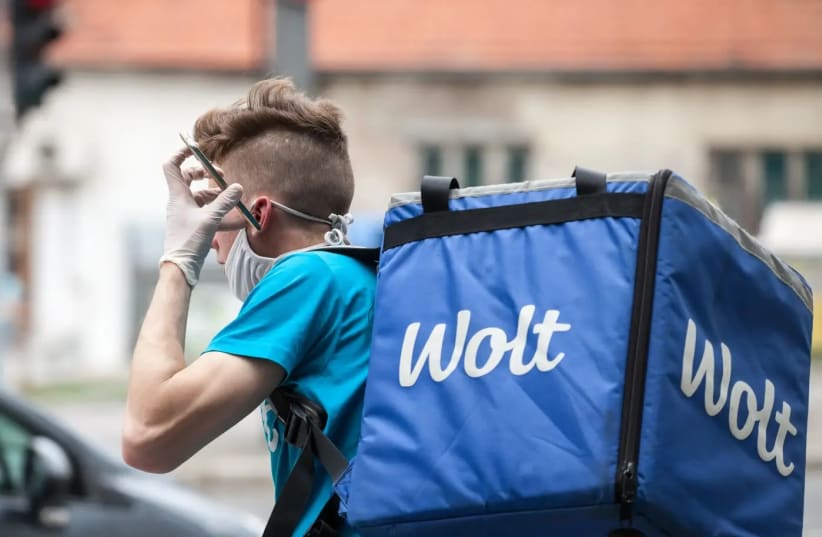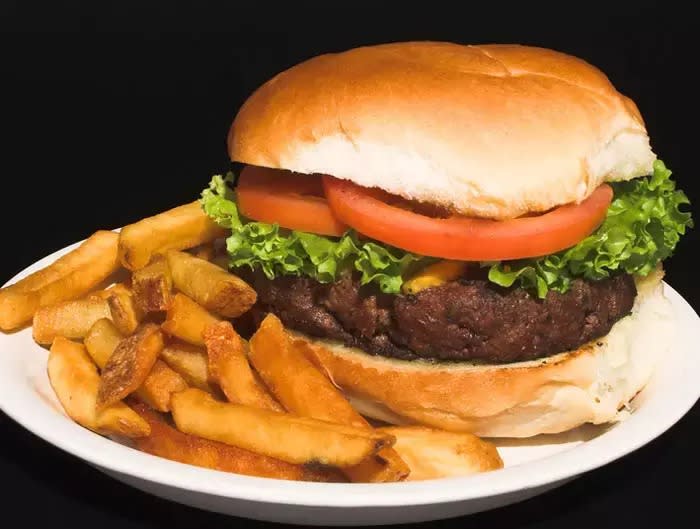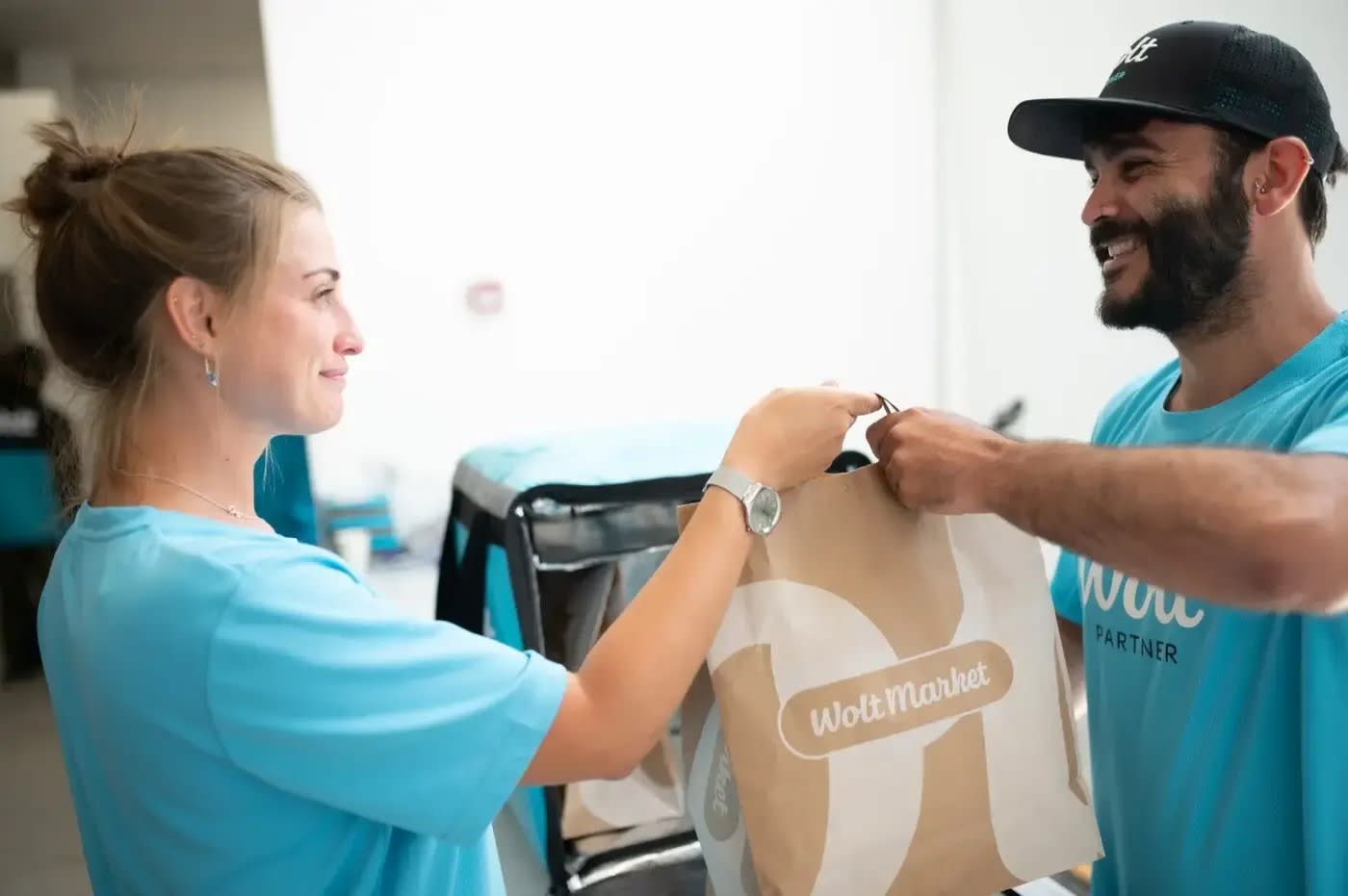Wolt summarizes the year 2023, the company's fifth year in Israel: what did we like to eat the most, which categories were the most popular, how did the war affect it and what did we order from the supermarket?
The leading category is fast food and the most ordered dishes are fries, hamburger, onion rings, shawarma and schnitzel.
The next popular categories are pizza and Asian food including sushi, noodles and more, followed by ice cream, a category that surprisingly remains strong even during the winter, and soups that have become in demand with the arrival of autumn. The Israelis' favorite ice cream flavors were white chocolate and cookies, Belgian chocolate, salty pretzels, vanilla, pistachio.
When segmented by cities, it seems that chips are in undisputed consensus and occupy the first place in every city, except for Afula, where pizza is in first place (probably thanks to the questionable dish pizza with ketchup). In the central region the hamburger is in second place, in the north sushi and noodles occupy the top of the table and in the south there is a strong presence of shawarma.
The most requested pizza toppings were olives, mushrooms, corn, pepperoni, Bulgarian, and tuna.
A jump in the purchase of batteries and chargers, a decrease in leisure and indulgence productsWith the outbreak of the war, a change in consumer behavior was evident and a shift to the purchase of essential products at the expense of indulgence and leisure.
The war significantly increased demand for categories such as equipment for soldiers (a 300% increase), sedatives (a 1,700% increase) and household products, and also added demand in the pharmacy and supermarket sectors. Compared to these, there was a decrease in categories such as makeup (-30%) and contraceptives (-16%).
The effects of the war and the mental shock were clearly visible, when Israelis jumped the purchase of over-the-counter drugs with an increase of 68%, alongside a huge jump of 1,700% in ordering over-the-counter sedatives and sleep medications such as Narvana, Sleep Aid, Tonite and Klemnarbine.
The most notable increases in the war were 570% in the purchase of batteries and chargers, a 300% increase in the purchase of first aid products, a 270% jump in ordering mosquito repellent products, a 270% increase in deodorants for men, and a 230% increase in the purchase of earplugs.
What do you buy from the supermarket?
In orders from supermarkets, the most popular are the basic products such as milk and cottage cheese, alongside Cola Zero which is the most requested drink in the Walt app, eggs and pita bread. At the top of the most ordered fruits and vegetables category: cucumbers, bananas, peppers, lemons and onions, the cleaning products in demand are paper towels, bleach and washing up liquid.
The leaders in the alcohol list are Stella beer six, Corona beer six, Arak Elite, Goldstar beer six, and Gin Gordon.
Since the outbreak of the war, Wolt Israel has established a number of large initiatives for the community. In the first month of the war, Walt launched an aid program for small and medium-sized businesses in the amount of NIS 12 million, within which it distributed a one-time financial grant to the small businesses that operate on its platform. The grant, at the level of 8% of the business's average turnover in Volt, is calculated according to the months before the fighting, and at the level of NIS 5,000 per business.


